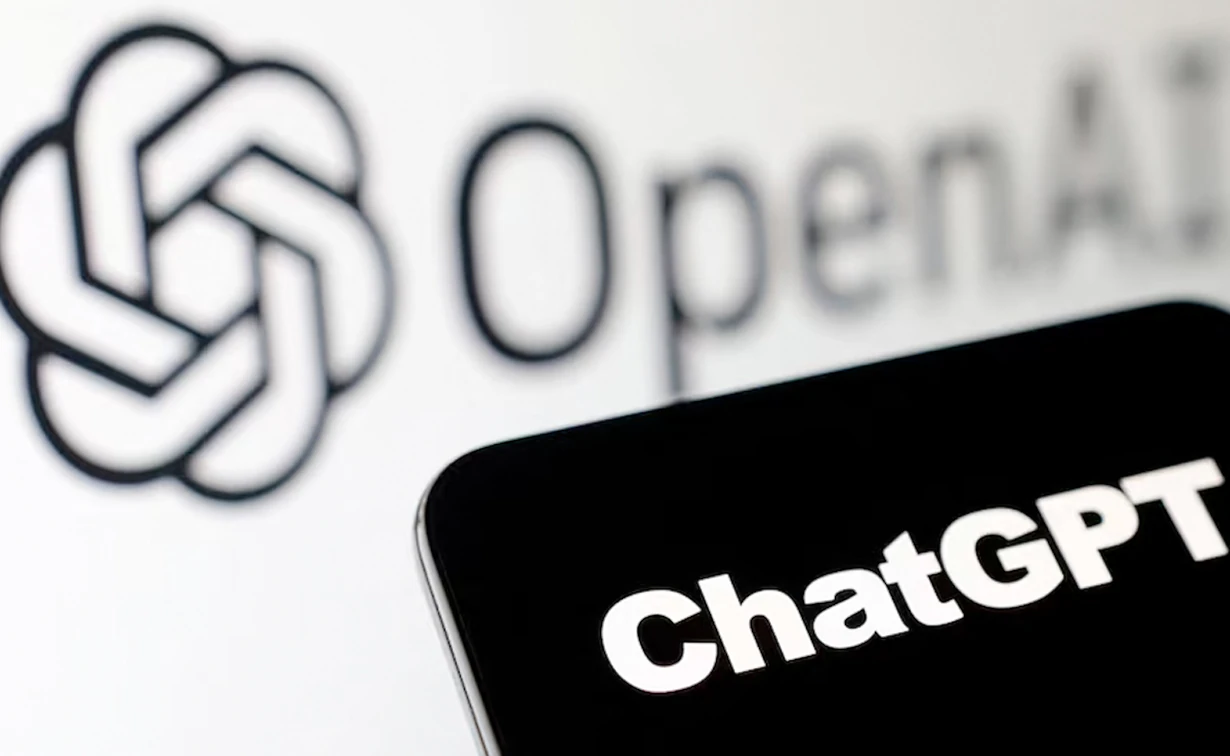ChatGPT has been a highly successful AI-powered chatbot, but until recently, it was limited in its capabilities due to its inability to access information beyond its training data. This data only extended up to 2021, meaning that ChatGPT was unable to answer questions or provide information about events or developments that occurred after that time.
OpenAI has launched new plugins for ChatGPT, which enable the chatbot to browse the internet and access third-party knowledge sources and databases. The plugins are currently available in alpha to select ChatGPT users and developers on the waitlist, with priority given to premium ChatGPT Plus subscribers.

Among the plugins is OpenAI’s first-party web-browsing plugin, which uses the Bing search API to retrieve data from the web, enabling ChatGPT to answer a wider range of questions and cite its sources in responses. This expansion of ChatGPT’s capabilities marks an exciting new chapter in the evolution of AI-powered chatbots.
OpenAI has acknowledged that allowing ChatGPT to browse the web could open the door to a range of undesirable behaviors, such as sending spam and fraudulent emails, circumventing safety restrictions, and enabling bad actors to exploit others. The company has implemented multiple safeguards to mitigate these risks, based on input from internal and external red teams. However, it remains to be seen whether these measures will be sufficient in preventing abuse of the technology.
“There’s a risk that plugins could increase safety challenges by taking harmful or unintended actions, increasing the capabilities of bad actors who would defraud, mislead, or abuse others. By increasing the range of possible applications, plugins may raise the risk of negative consequences from mistaken or misaligned actions taken by the model in new domains. From day one, these factors have guided the development of our plugin platform, and we have implemented several safeguards”, OpenAI wrote in a blog post.




